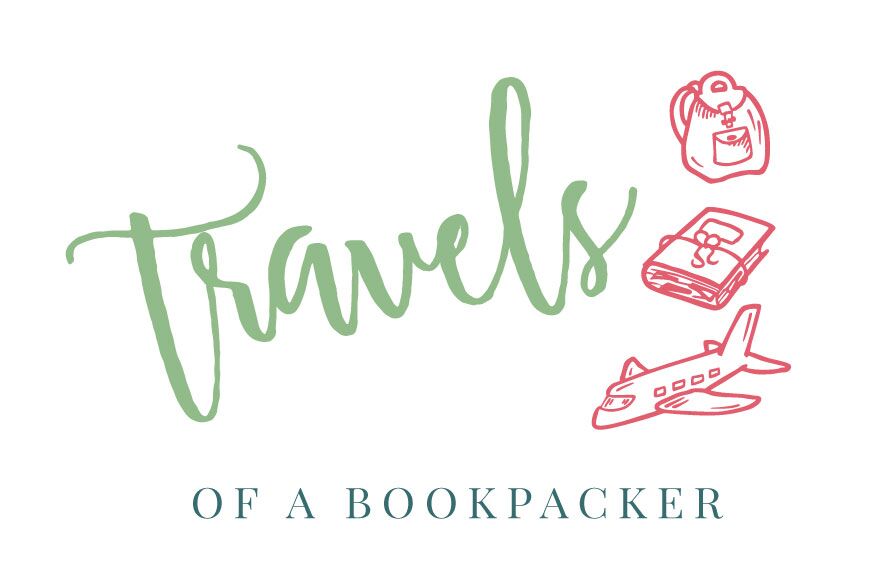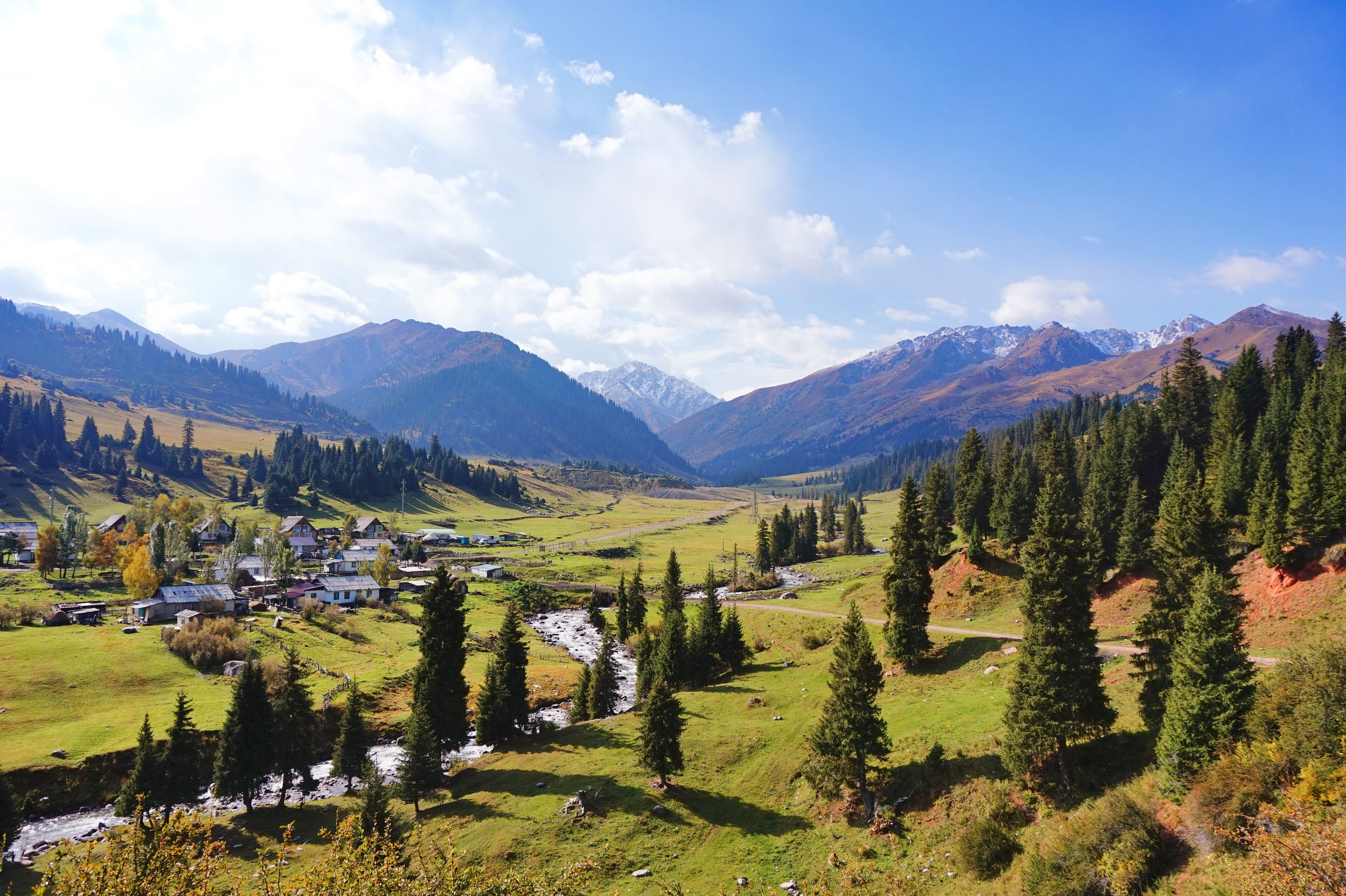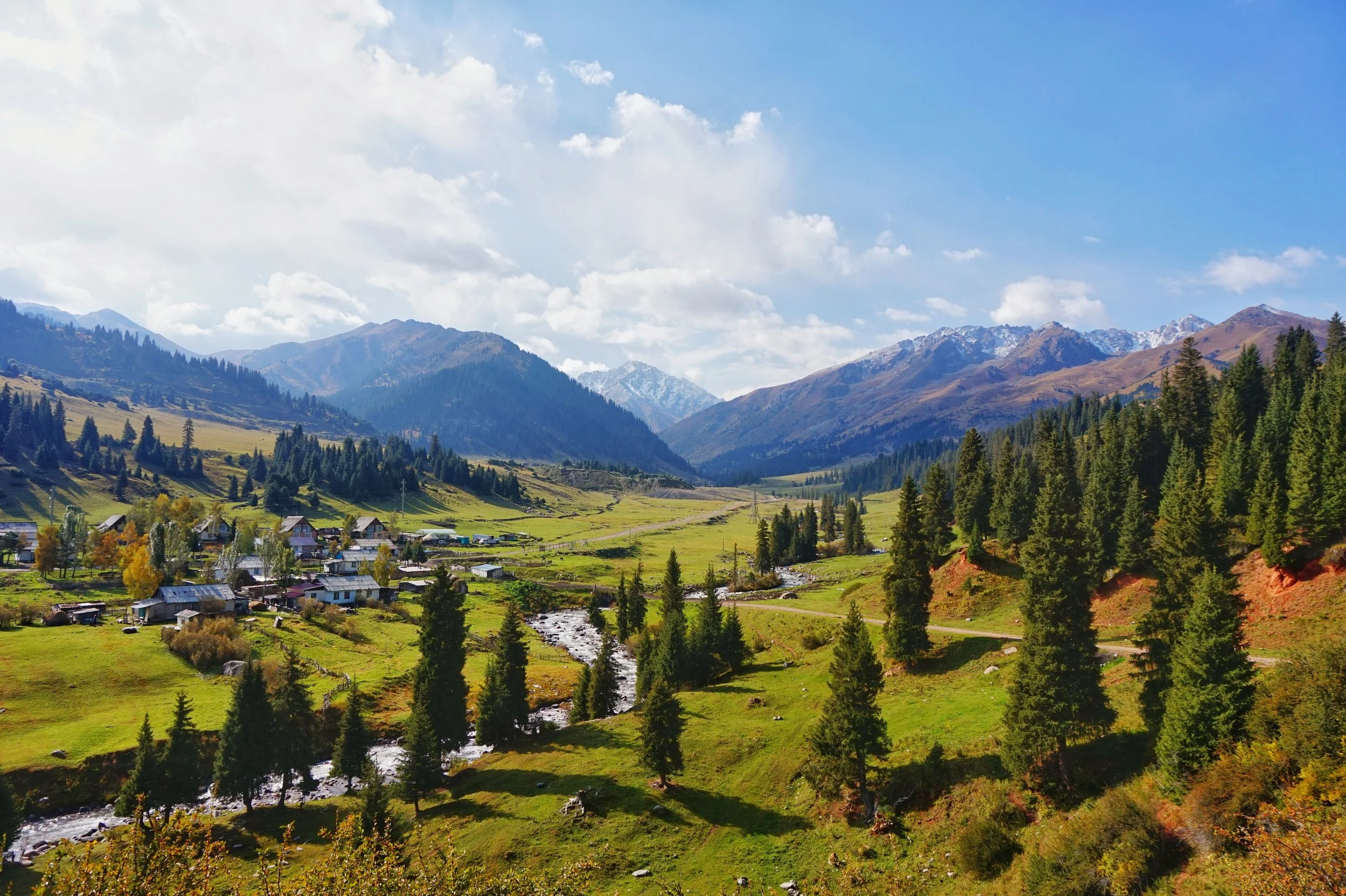This travel series aims to promote sustainable tourism across the world. Not only by encouraging eco-friendly practises but by giving practical information specific to each area. This includes companies and organisations to support, ethical sustainable activities and an overview of key sustainability topics such as waste-management and animal welfare.
Eco-tourism in Kyrgyzstan is not yet a developed industry but the popularity of trekking in Kyrgyzstan and the rising tourist numbers hopefully mean the country will see the value of its natural beauty and work at developing a tourism industry that supports and protects it.
This guide gives an overview of some of the issues we experienced and some great initiatives and organisations to support within Kyrgyzstan. If you encounter any other great ideas or things to avoid, let us know in the comments.
First up, what is Sustainable Travel?
Sustainable travel is becoming a bit of a buzz word within the travel industry and it means slightly different things to each person. To us, travelling sustainably is about interacting positvely with a country, leaving it in a way that means others can enjoy travel there in the future. It covers eco-friendly practices such as reducing waste, not using harmful chemicals in our products and respecting nature.
But it also stretches further, to supporting the local economy by using locally-owned shops and buisnesses. Buying ethically produced products, preferably from the people who made them. Not participating in harmful animal tourism. Respecting the dress-codes, customs and traditions of the culture we are visiting.
Sustainable travel manifests itself in many different ways and we can’t be perfect all of the time. Often it involves weighing which is the best option. But being aware of the issues and options is a great start!
Tap Water
Tap water is safe to drink in most of Kyrgyzstan but is high in minerals so can take some getting used to. Boiling or sterilising water is advisable in more remote areas or while hiking. Bottled water is cheap and widely available but comes only in single-use plastic. Avoid this by bringing your own reusable bottle and some form of water steriliser if you’re heading off the beaten path. Read this article for a roundup of the best water purifiers for travel.
Waste/Recycling
Kyrgyzstan does not have a formal recycling system and in many areas waste is burnt or buried. Because of this it is best to reduce waste as much as possible by bringing reusable bags and bottles, buying food at local markets and avoiding items which come in single-use plastic. If you’re really interested in the waste management and recycling practices in Bishkek you can read this comprehensive study.
Vegan/Vegetarian Food
Eating a vegetarian or vegan diet is challenging in Kyrgyzstan if you don’t speak Russian. In the main cities (Bishkek, Karakol and Osh) you will find restaurants offering vegetarian options and people with enough English to communicate that you don’t want meat. In smaller towns you may be stuck with some meals of salad and fries or playing menu roulette. Make sure to have your own snacks (fruit and veg is readily available) in case you can’t find a suitable option.
*Tip* without meat in Russian is 'bez myasa’
If you’re flexitarian (like us) most of the meat in Kyrgyzstan is produced within the country and the large amount of space and small population mean that it skips a lot of the mass production that we try to avoid. Many farm animals in Kyrgyzstan have decent living conditions and if you’re staying with local families the meat is probably from their own or next door’s back yard.
Wildlife/Animal Welfare
Kyrgyzstan is a nature lover’s dream but there isn’t a huge amount of wildlife due to the harsh winters. You’ll see plenty of eagles, horses, cows and sheep on your adventures through the country.
One of the biggest conservation issues in Kyrgyzstan at the moment is the protection of the snow leopard. There is a wildlife trust currently working to protect it and you can donate or support their work. Our friend’s at Two Stay Wild wrote an in depth article about their experiences meeting the people in charge of the Snow Leopard Trust including the threats and ways to help.
Kyrgyz traditions involve a lot of activities that animal rights activists might not be too happy about. Eagle hunting/training, horseback sports and dog racing are all traditional sports in Kyrgyzstan and widely practiced in every small town as well as in international events such as the World Nomad Games. It’s up to you where you stand on the line between animal rights and preservation of traditional cultures and whether you are willing to support or observe these activities.
Transport
Kyrgyzstan doesn’t have a big train system which is usually our preferred method of sustainable transport. But there is a scenic train from Bishkek to Balykchy at the Issyk Kul, which takes a bit longer than the shared Taxi but is a lot cheaper and more comfortable. Also, there are several connections for onward travels to other countries in the region. There are options from the train station in Bishkek to Almaty, Tashkent or even to Moscow.
The petrol/diesel quality in Kyrgyzstan is fairly low which means that driving can be really bad for the environment. Unfortunately, it’s about the only way to get around so the best you can do is take shared mini vans to ensure the maximum amount of passengers are taken (and they will squeeze in as many as possible!)
Why not try a horse trek as a more eco-friendly way to get around?!
Sustainable Accommodation
Besides Bishkek you’ll be hard pressed to find accommodation that isn’t locally owned. But that doesn’t mean you can’t make an effort to stay at homestays where the money goes directly to the people who are hosting you. Most places will also offer food which is a great way to support them further. However, if you’re in one place for a while it can be nice to also support the local restaurants (if there are any).
Some of the tourist organisations that have been set up also offer accommodation or can recommend a homestay that is good quality. We enjoyed our stays at these places:
Bishkek: Viva Hotel Bishkek
Karakol: Matsunoki
Jyrgalan: Alakol Jyrgalan Guest House
Osh: Eco House
Organisations to Support
Destination offices
These offices were set up to work with local people to promote tourism within their areas. They offer a variety of tours, experiences and information which support the local economy and help tourists to enjoy some amazing parts of the country. At the moment there are offices in Karakol, Jyrgalan, Osh and South Shore at the Issyk Kul, who can answer all your questions and offer everything from maps and gear hire to craft courses and walking tours.
Fat Cat Café
This little café is right next to the Destination Karakol office and has a great range of drinks and snacks. It’s a traveller hub, has good wifi and some of its profits are donated to the local community.
One Village One Product Shop
Besides market stalls, the One Village One Product shop was about the only gift shop we found in Kyrgyzstan but it had more than enough nice stuff for all our gift needs. They sell a range of locally produced products including honey, soaps and a huge variety of felt items. They have stores in Bishkek and Karakol as well as stocking their items in a few cafes around the country.
Tour organisations
As well as the local destination offices there are a couple of tour organisations that are making efforts to be sustainable and environmentally friendly. We haven’t personally used either but if you’re looking at booking a tour have a look at CBT or Kalpak Travel.
Sustainable Travel Experiences in Kyrgyzstan
Hiking
Hiking is an excellent sustainable travel activity and there is no better place to do it than Kyrgyzstan. With a great mix of day hikes and multi-day treks, newly marked trails and some off-the-map tracks for more experienced hikers there is enough to keep everyone occupied for several weeks. The views are simple stunning!
Make sure you take all the usual precautions and courtesies – check the forecast, take good quality gear, don’t litter, respect the environment.
Local craft workshops
Kyrgyz people are very friendly and happy to share their skills with visitors. In any of the main towns you can take part in all kinds of workshops including bread making, yurt building, knife making and cooking classes. Courses can be found through the Destination centres or simply by getting to know some locals. Staying in homestays is a great was to get a cooking class while helping out with dinner!











Wanting to experience the best of sustainable travel in New Zealand? These incredible experiences are ethical, sustainable and show you a whole different side of the South Island!